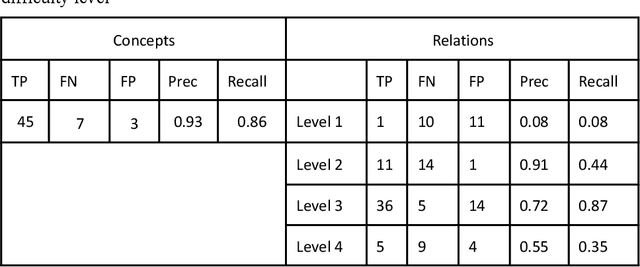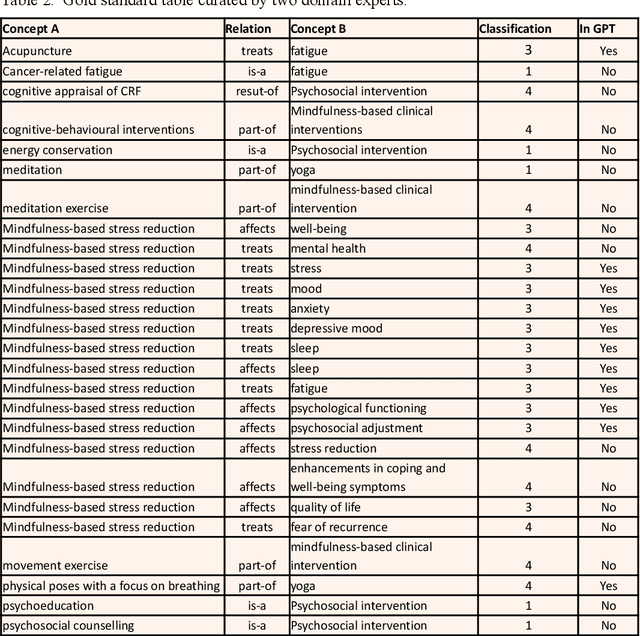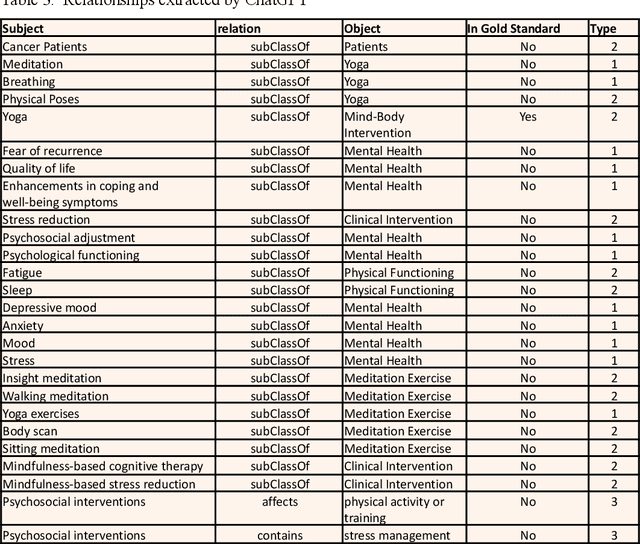Szymon Wilk
Defining Effective Engagement For Enhancing Cancer Patients' Well-being with Mobile Digital Behavior Change Interventions
Mar 19, 2024



Abstract:Digital Behavior Change Interventions (DBCIs) are supporting development of new health behaviors. Evaluating their effectiveness is crucial for their improvement and understanding of success factors. However, comprehensive guidance for developers, particularly in small-scale studies with ethical constraints, is limited. Building on the CAPABLE project, this study aims to define effective engagement with DBCIs for supporting cancer patients in enhancing their quality of life. We identify metrics for measuring engagement, explore the interest of both patients and clinicians in DBCIs, and propose hypotheses for assessing the impact of DBCIs in such contexts. Our findings suggest that clinician prescriptions significantly increase sustained engagement with mobile DBCIs. In addition, while one weekly engagement with a DBCI is sufficient to maintain well-being, transitioning from extrinsic to intrinsic motivation may require a higher level of engagement.
Can Large Language Models Augment a Biomedical Ontology with missing Concepts and Relations?
Nov 12, 2023



Abstract:Ontologies play a crucial role in organizing and representing knowledge. However, even current ontologies do not encompass all relevant concepts and relationships. Here, we explore the potential of large language models (LLM) to expand an existing ontology in a semi-automated fashion. We demonstrate our approach on the biomedical ontology SNOMED-CT utilizing semantic relation types from the widely used UMLS semantic network. We propose a method that uses conversational interactions with an LLM to analyze clinical practice guidelines (CPGs) and detect the relationships among the new medical concepts that are not present in SNOMED-CT. Our initial experimentation with the conversational prompts yielded promising preliminary results given a manually generated gold standard, directing our future potential improvements.
Personalizing Digital Health Behavior Change Interventions using Machine Learning and Domain Knowledge
Apr 14, 2023Abstract:We are developing a virtual coaching system that helps patients adhere to behavior change interventions (BCI). Our proposed system predicts whether a patient will perform the targeted behavior and uses counterfactual examples with feature control to guide personalizsation of BCI. We evaluated our prediction model using simulated patient data with varying levels of receptivity to intervention.
Tree-based local explanations of machine learning model predictions, AraucanaXAI
Oct 15, 2021Abstract:Increasingly complex learning methods such as boosting, bagging and deep learning have made ML models more accurate, but harder to understand and interpret. A tradeoff between performance and intelligibility is often to be faced, especially in high-stakes applications like medicine. In the present article we propose a novel methodological approach for generating explanations of the predictions of a generic ML model, given a specific instance for which the prediction has been made, that can tackle both classification and regression tasks. Advantages of the proposed XAI approach include improved fidelity to the original model, the ability to deal with non-linear decision boundaries, and native support to both classification and regression problems
 Add to Chrome
Add to Chrome Add to Firefox
Add to Firefox Add to Edge
Add to Edge